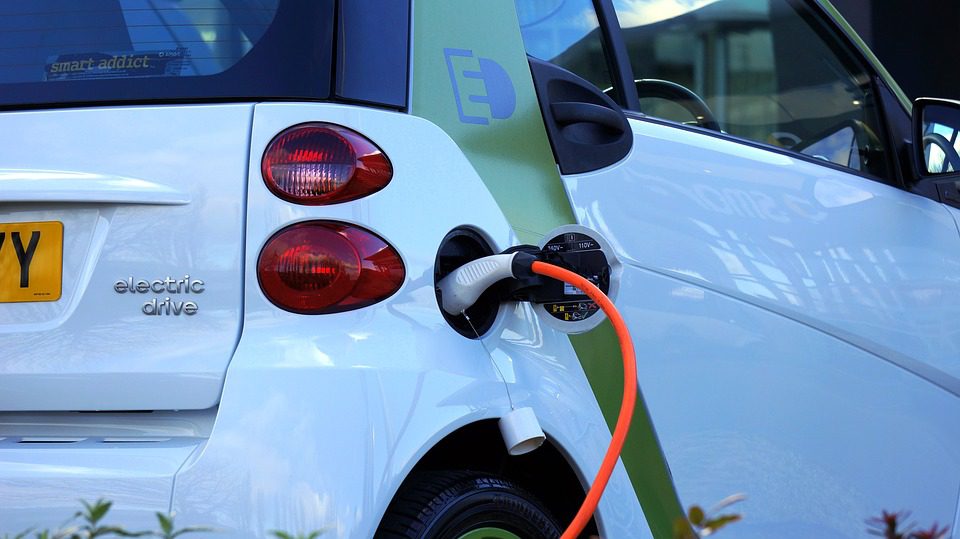A new study has revealed Australia is one of the worst-equipped developed nations in the world for the transition to electric transport.
The Organisation for Economic Cooperation and Development (OECD) mapped the global shift to electric vehicles.
It revealed Australia’s transition is minute and supporting infrastructure is almost non-existent, with Australia’s publicly accessible chargers represent one per cent of the United States’ chargers in 2017.
Other countries have started to transition to electric transport.
The UK and France have announced bans on the sales of new petrol and diesel cars; German Chancellor Angela Merkel indicated the need for quick investment in infrastructure and technology to make an imminent changeover possible; India has said every vehicle sold in the country should be electric powered by 2030, and Norway has set a target of 2025.
NRMA chief executive officer Rohan Lund said the NRMA was concerned about how the global move away from petrol and diesel cars over the next couple of decades might affect Australia.
“As a nation that relies exclusively on overseas markets for the cars we love to drive, we can’t ignore what’s happening elsewhere,” Mr Lund said.
“It is essential to ensure commuters have confidence that if they do buy electric, the infrastructure is in place to support them, so we have started building fast charging stations across regional NSW and the ACT to open communities up and ensure local hubs and tourist destinations are not shut off due to range anxiety.
“Australia needs federal, state and local governments to help install EV chargers and ensure the stability of our power grid so we’re ready for the future.”
Greens candidate for Gilmore Carmel McCallum said her party’s Renew Australia 2030 policy would make change happen.
“If we legislate to do this we can move forward and work against climate change, stopping the sale of fossil fuels and reduce greenhouse gas emissions,” Ms McCallum said.
“Electric vehicles will be part of our new clean technology manufacturing that’s going to happen in Australia, even if it takes government subsidies and regulation to see industries established.”
While questions are raised regarding future employment in the manufacturing and maintenance industry, Ms McCallum said jobs won’t be lost as a result.
“Mechanics think they will be out of a job but they won’t,” Ms McCallum said.
“We need to harness the fear of electric vehicles happening so quickly and make it useful for us.”
The data reveals electric cars could be cheaper than petrol cars by 2025 if volumes grow and the cost of lithium batteries falls.

